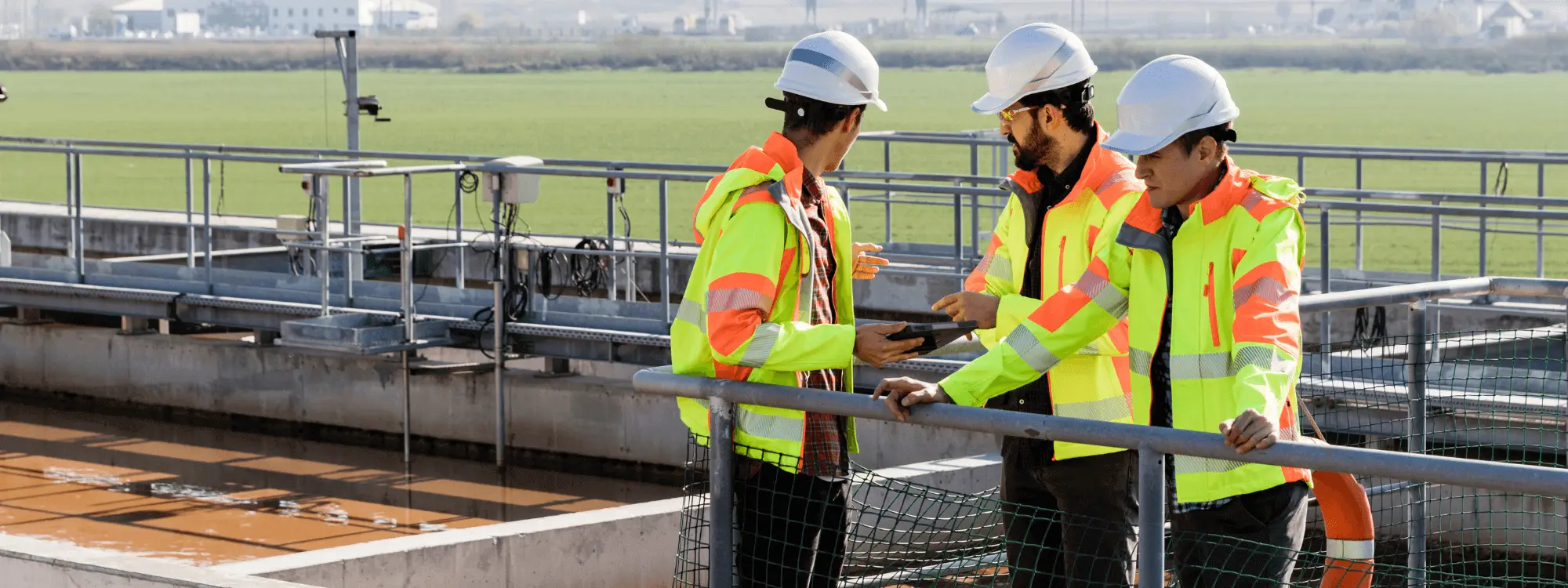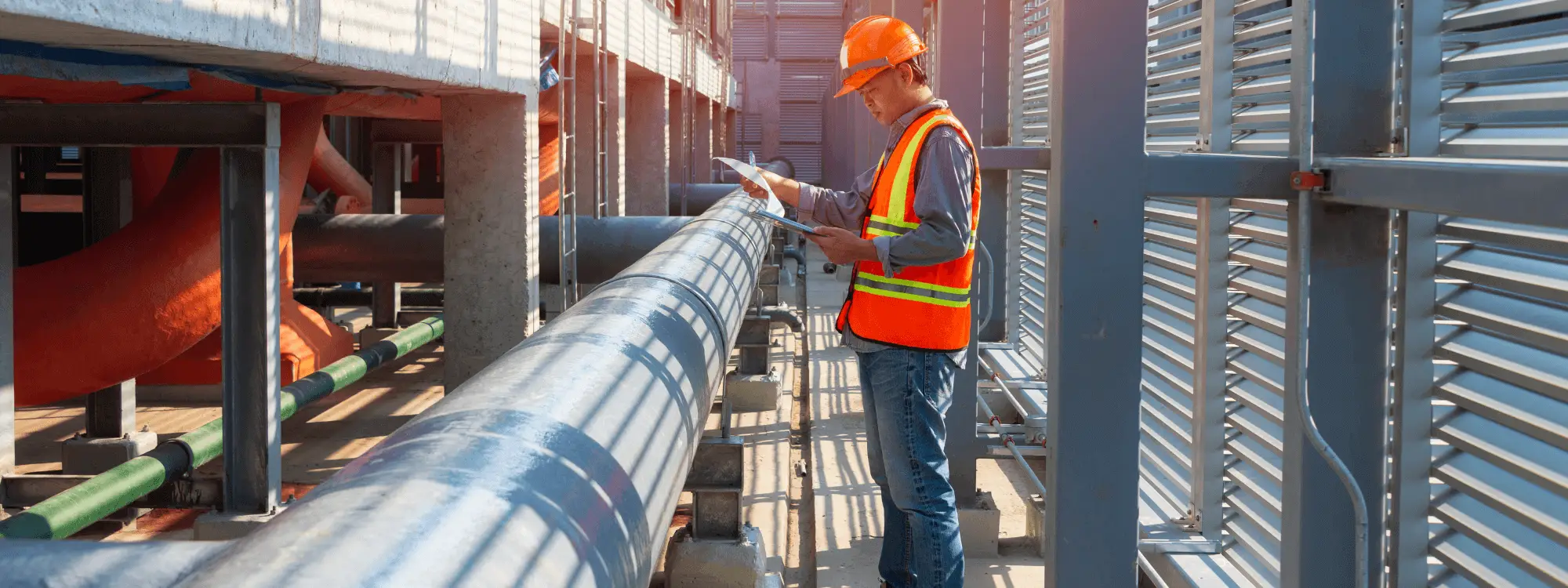
How to Become an Engineer in the Water & Environment Sector
Breaking into the Water & Environment sector as a water engineer is more than just a career move – it’s a chance to tackle real-world challenges and drive meaningful change. The industry needs problem-solvers who are ready to innovate, adapt, and lead. Whether it’s ensuring clean water supply, improving wastewater systems, or managing flood risks, every role in this sector makes an impact.
1. Build Your Educational Foundations
Your journey begins with a strong academic base. Aim for a degree in Civil Engineering, Environmental Engineering, or a similar discipline. Courses in water management, hydrology, or wastewater treatment can provide laser-focused training for this sector. For those aiming high, universities like Imperial College London or the University of Manchester are recognised hubs for engineering excellence.
2. Get Hands-On Experience
Practical experience is everything in this field. Look for internships or placements with water organisations like Thames Water, Anglian Water, or Scottish Water to work on tangible projects such as water treatment systems, managing flood risks, or monitoring environmental impact.
3. Sharpen Your Technical Skills
The water sector is tech-driven. Engineers proficient in tools like hydraulic modelling software, Geographic Information Systems (GIS), and Computer-Aided Design (CAD) are always in demand. These skills aren’t just nice-to-haves – they’re your ticket to getting noticed.
4. Don’t Overlook Soft Skills
In a sector that often requires collaboration between engineers, agencies, and communities, your communication and teamwork skills can set you apart. Be prepared to explain technical ideas in simple terms and work seamlessly with diverse teams.
5. Professional Certifications Are Game-Changers
To show employers you’re serious, consider earning industry certifications. Chartered Engineer (CEng) status through institutions like the Institution of Civil Engineers (ICE) or Chartered Institution of Water and Environmental Management (CIWEM) proves you’re at the top of your game. These credentials fast-track your career and open the doors to senior roles.
6. Stay Ahead of the Curve
Water and environmental engineering isn’t static – it’s constantly evolving. Keep tabs on the latest regulations, sustainability trends, and technologies by attending events and webinars. It’s not just about knowledge; it’s about staying competitive.
7. Build Your Portfolio
Create a standout portfolio showcasing your academic brilliance, practical achievements, and any published research. A solid, well-organised portfolio speaks volumes about your capabilities to potential employers.
8. Leverage Networking
Who you know can be just as important as what you know. Connect with professionals through LinkedIn and attend sector-specific events. It’s your chance to learn, exchange ideas, and discover hidden job opportunities. When applying, customise your CV and cover letter for each specific role to highlight your skills and experience.
9. Stay Open and Adaptable
Engineering in the water sector is broad, from water supply and wastewater management to hydrology and environmental consultancy. Be flexible and consider cross-disciplinary skills to enhance your career options.
10. Knock Interview Prep Out of the Park
An interview isn’t just about what you know; it’s about how you present what you know. Research the company’s current projects, be ready to tackle technical questions, and demonstrate how your expertise matches their goals. Confidence and preparation go a long way.
Ready to Dive Into Opportunities?
Engineering in the Water & Environment sector isn’t just a job, it’s a chance to shape a sustainable future. By honing your skills, building connections, and staying informed, you’re not just following a path; you’re forging ahead where it counts.
Looking for your next step in water recruitment? Head over to our water jobs page to explore roles that match your expertise. For a deeper dive into the sector, check out our Water & Utilities landing page.



